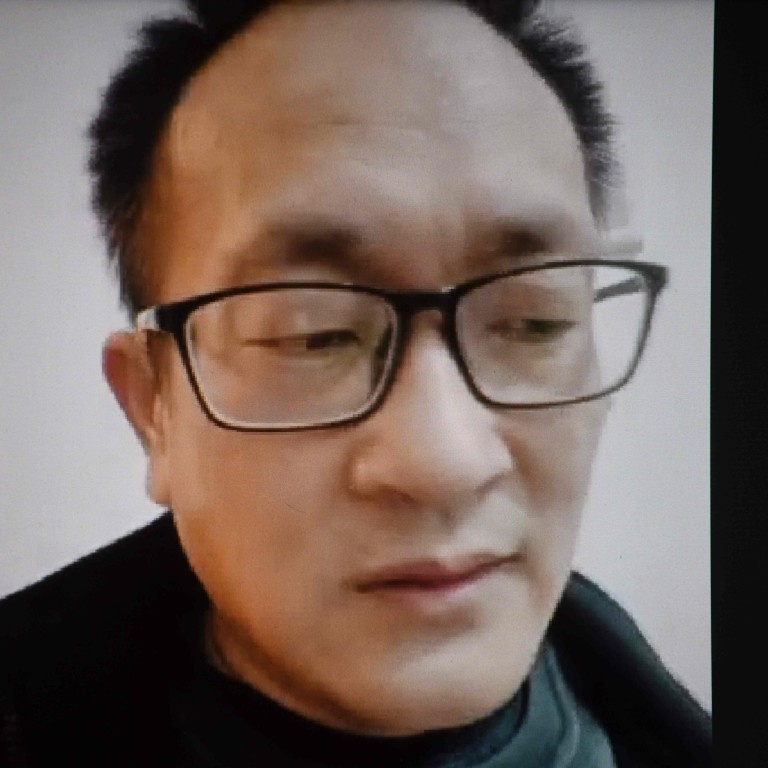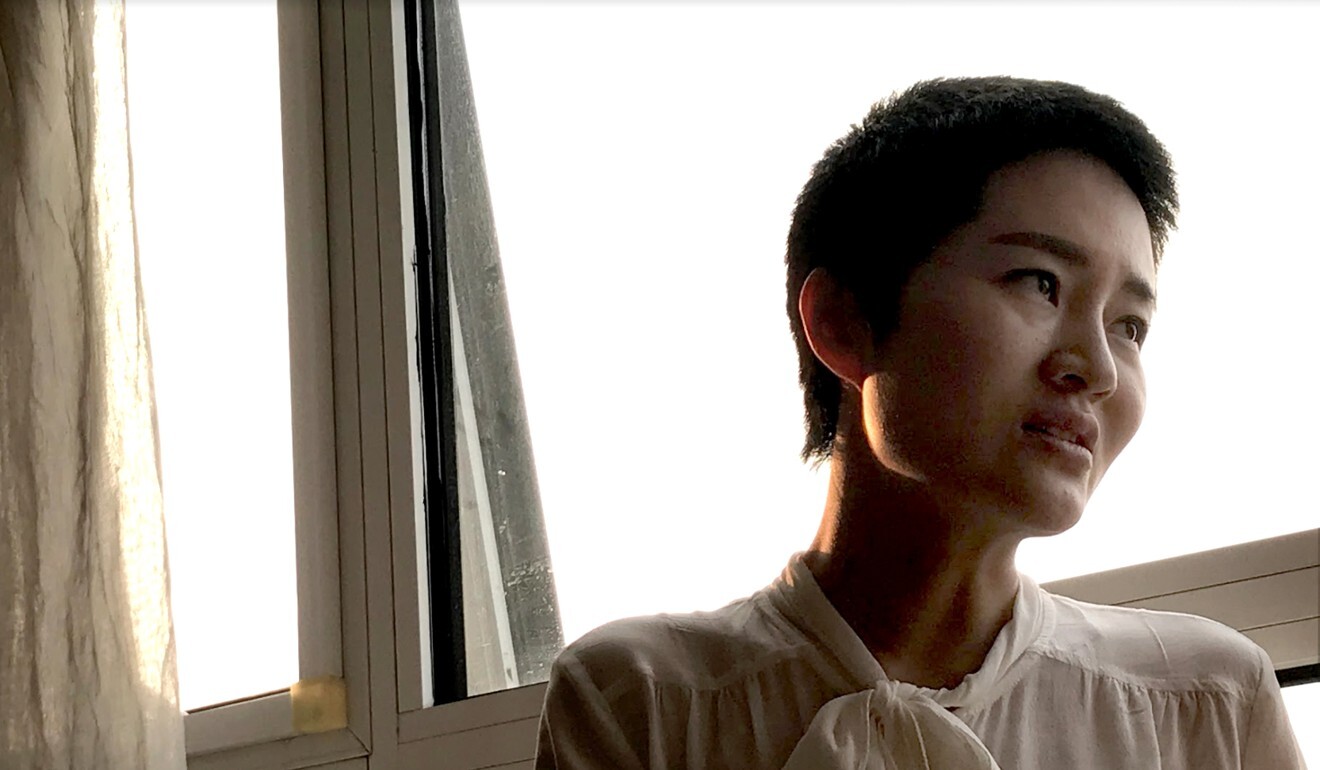
Chinese human rights defender Wang Quanzhang says he cut all emotional ties with his family so he could survive in prison
- Lawyer was released earlier this month after spending 4½ years behind bars for refusing to plead guilty to the ‘crime’ of representing people abused by the system
- ‘The only thing I am guilty of is that I did not prioritise my family highly enough … that is my biggest regret,’ he says
Chinese human rights lawyer Wang Quanzhang said the only way he could survive 4½ years in prison and total isolation from his family was to detach himself from his emotional attachment to them.
Wang was among the last group of lawyers to be released from jail in the “709” crackdown – a purge of human rights defenders and activists by the authorities five years ago, which takes its name from the July 9 date on which the crackdown began.
In a recent interview with the South China Morning Post, Wang recalled how he struggled when he was held incommunicado during his detention.
“I was suddenly isolated from the whole world and I was totally consumed by the pain that I was separated from my wife and son. As it went on, I had no choice but to force myself to give up my emotional reliance on them and become indifferent,” he said.
“Honestly, I would not be able to stand my ground for so long if I had not become indifferent. So this was why I was very aloof to my family when they visited me at the prison.”

In an earlier interview, Wang’s wife, Li Wenzu, described her husband as having become a “completely changed person who was anxious and agitated” after visiting him – for the first time in over four years – in June last year.
“I kept my distance from them at the time … but I’m beginning to warm up through regular video calls and I am trying to gradually find my way back to the psychological and emotional state of a normal person,” Wang said.
At the end of the quarantine period he was given his phone and began making limited contact with the outside world. However, Wang is still barred from travelling to Beijing to be with Li and their seven-year-old son. He is permitted visitors but only under close supervision and is not allowed to have an internet connection at his home.
The Post heard on Sunday that Li had been rushed to hospital with acute abdominal pain. Wang apparently made several attempts to get to Beijing to be with her, but was intercepted en route by plain-clothes police officers.

Wang was among hundreds of human rights lawyers and legal activists rounded up by Beijing during the 709 crackdown. Although he was not a principal target of the purge – he was not detained until about a month after the crackdown and only then after leaving his hiding place – he received some of the harshest treatment. Once in custody, he was not allowed access to anyone for three years before being tried behind closed doors in December 2018, by which time most of the other lawyers had been released.
“The only thing I am guilty of is that I did not prioritise my family highly enough. I was so consumed by my legal cases and I did not have time for them. It is my biggest regret,” he said.
“The other mistake I made was that I allowed myself to be caught,” he said blaming himself of coming out of hiding too early.
“[For a month they] couldn’t find me, so I thought the hunt might have been over. I was desperate to catch a break and some fresh air,” Wang said.
“I was at an outdoor swimming pool in Jinan when I was caught. I have regretted that ever since.”
For political dissidents in China, being “released from prison” is used as a metaphor for being allowed out of a cell only to be moved to a bigger one outside the prison gates. The lack of freedom remains.
Although Wang’s wife could travel to Beijing to visit her husband, if she did she would not be allowed to return for two months because of the coronavirus travel restrictions.
Wang said he found it “unbelievable” that he was not allowed an internet connection.
“[Setting up the connection] is entirely a commercial activity,” he said. “How could it be possible that the cable company can deny my right to have such service?”
As well as his prison sentence, a court in the eastern seaport city of Tianjin ruled that Wang be deprived of his political rights for five years.
“I have been released, so legally my personal freedom should be reinstated. They have no right to restrict my travel and yet they told me that I can’t go to Beijing,” he said.
“Even with deprivation of political rights, you cannot restrict my personal freedom. When I asked why I couldn’t go to Beijing, they simply wouldn’t give me a reason.”

His sister, Wang Quanxiu, who was given permission to stay with Wang for a few days, has been trying to persuade the local police to allow her brother go to Beijing but without any luck.
In a message to Li, Wang Quanxiu said the police’s reason for not allowing him to go to the capital was it was “not ideal for his reform”.
“[An officer told me] there were many reasons why he couldn’t go to Beijing. [One was] that it was not ideal for his reform,” the note said.
“[They said] Wang was legally deprived of his political rights for five years so he was technically still serving his sentence and the sentencing is being executed by the police.”
Wang is still reacquainting himself with the world and trying to rebuild his life and health – both physical and emotional. Simple tasks like opening a messaging account or sending pictures online take him hours.
“It would be hard for people in the outside world to understand what I’m going through. I need time,” he said.
Wang said his health problems include a hazy memory, high blood pressure and problems with his hearing and teeth.
“I’ve lost my teeth,” he said. “When I was in jail, I had to appear optimistic but I was deeply depressed emotionally. This resulted in so much anxieties that has given me high blood pressure, and problems with my teeth.
“But what feared me the most was the safety of my wife and son. When I was first locked up, I even had nightmares that my son was abducted and sold [by human traffickers].”

